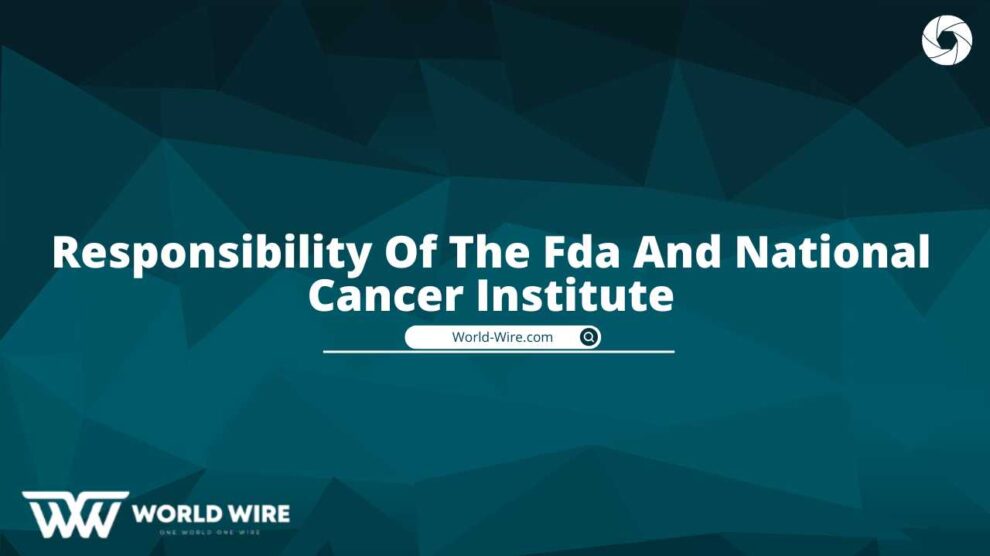Approximately 17% of women regularly use talc products for genital hygiene, according to the Cancer Prevention Coalition and the Center for Constitutional Rights in November 1994.
A petition presented in the courts warning that talc posed a major risk of ovarian cancer could be avoided if cornstarch powder was substituted as a safe alternative, but this approach was rejected. The petition was supported by about 15 references in the scientific literature.
It was reported in 11 leading national and international scientific journals that genital talc products have major cancer risks in May 2008. In addition to Dr. Quentin Young, Chairman of the Health and Medicine Policy Research Group and past president of the American Public Health Association, leading national scientific authorities endorsed this petition. In recent years, the National Congress of Black Women, Ronnie Cummins, National Director of the Organic Consumers Association, and Peter Orris, Chief of Services for the University of Illinois at Chicago Medical Center, have all urged the FDA to respond to the Petition.
In the last 40 years, the mortality from ovarian cancer for women over 65 has increased dramatically, increasing by 13 percent for white women and 47 percent for black women, as FDA Commissioner Andrew von Eschenbach, former Director of the National Cancer Institute, knows. Each year, approximately 15,300 women die from ovarian cancer. It is the fourth most prevalent cancer among women after colon, breast and lung. In spite of that, Dr. von Eschenbach has not mandated or banned the continued use of talc powder.
In spite of the fact that sunscreens pose scientifically well-documented cancer risks, besides harmful hormonal effects, Dr. von Eschenbach is recklessly indifferent to cancer prevention. The FDA has failed to regulate them for over a decade, and the industry ignores them.
Despite the fact that sunscreen blocks short wave UVB light, which causes sunburn, it encourages prolonged exposure, especially among children. Furthermore, sunscreens are ineffective against long wave ultraviolet light (UVA), which is responsible for malignant melanoma. This has resulted in a 130% increase in incidence and 26% increase in mortality since 1975.
In addition, FDA has not issued new rules to ensure informative sunscreen labels, as proposed in August 2007. Connecticut Attorney General Richard Blumenthal wrote to the FDA on July 24 this year in response to FDA’s inaction, criticizing the company’s failure to regulate sunscreens and preventing them from making “dangerously misleading claims” on their products’ safety and effectiveness. The FDA had six months to finalize comprehensive sunscreen rules, otherwise the “Sunscreen Labeling Act of 2008” would be passed. This was introduced by Senators Jack Reed (D-RI) and Christopher Dodd (D-CT).
A comprehensive Cosmetics and Personal Care Products Labeling Act should follow California’s precedential 2007 Safe Cosmetics Act. The “Sunscreen Labeling Act” should be the first step to developing a comprehensive legislation.
During the FDA Reform Bill Hearings on September 10, 1997, Senator Edward Kennedy (D-MA) stated that “the cosmetics industry has borrowed a page from the tobacco industry by putting profits before public health.” The FDA continues to ignore this warning recklessly. Dr. von Eschenbach is clearly incapable or unwilling to protect the public against other avoidable cancer risks associated with cosmetics. As well as known carcinogens, there are hidden or precursor carcinogens as well.







Add Comment